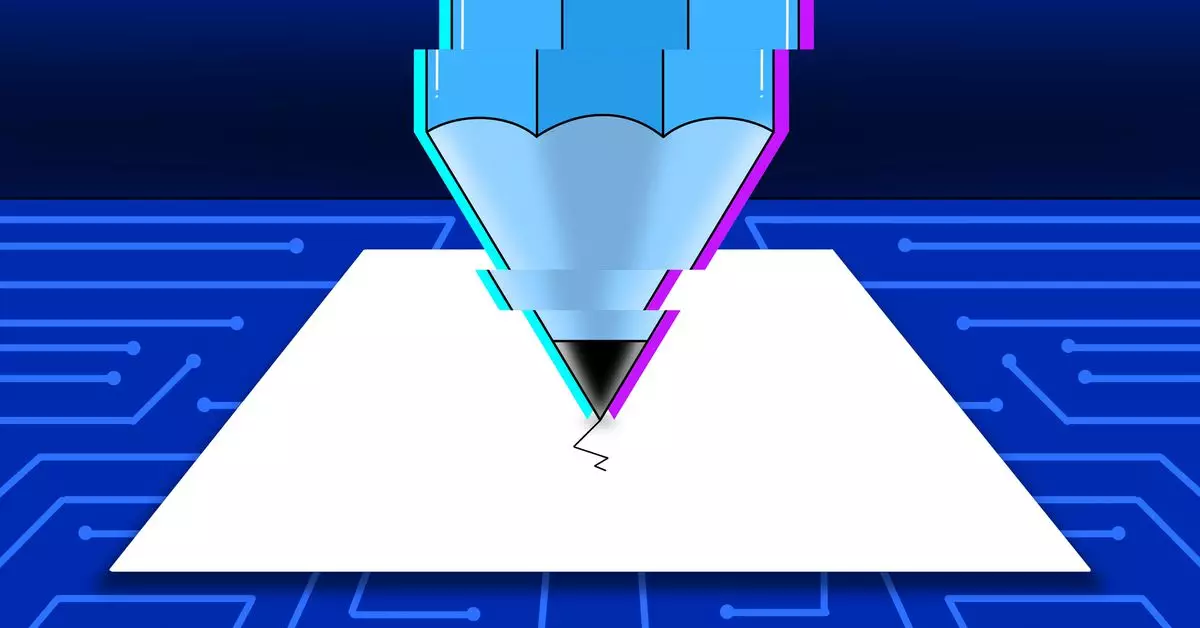In a move that has ignited discussions about copyright in the digital age, Penguin Random House has made a significant statement regarding the use of its published materials in the training of artificial intelligence (AI) systems. By clearly stating on the copyright page of both new and reprinted works that “No part of this book may be used or reproduced in any manner for the purpose of training artificial intelligence technologies or systems,” the publishing giant is attempting to draw a firm boundary in an increasingly complex legal landscape. This initiative positions the company as a pioneer among major publishers, setting a precedent that could have lasting implications for the publishing industry as a whole.
The implications of Penguin Random House’s updated copyright page extend beyond a mere warning against unauthorized reproduction. The explicit mention of AI systems raises significant questions about the treatment of authored content in an era where algorithms are increasingly capable of data aggregation and analysis. By stating its intentions to “expressly reserve this work from the text and data mining exception,” in line with EU laws, Penguin Random House is taking assertive steps to protect its intellectual property in the face of rapid technological changes. However, despite the seemingly robust nature of this clause, it’s critical to examine its enforceability within the broader context of copyright law.
For authors and creators, this move may foster a greater sense of security regarding how their work is utilized. With the proliferation of AI capabilities, there is a legitimate concern for artists about how their intellectual property could be repurposed without consent or compensation. The introduction of this explicit prohibition helps to underscore the importance of ensuring that creative works are not exploited under the guise of AI training, which traditionally has operated in a grey area of copyright law and fair use. Nevertheless, it prompts a corresponding challenge for smaller publishers and independent authors, who may lack the resources to enforce similar measures rigorously.
It is important to recognize, however, that the legal power of Penguin Random House’s declaration may be limited. While they may publish a directive akin to a “robots.txt” file for websites—a voluntary request for non-scraping—it does not create legally binding restrictions on how AI companies operate. The law currently supports a variety of defenses such as fair use, regardless of what is asserted on a book’s copyright page. This raises an essential question about the efficacy of such assertions and whether they might merely serve as a symbolic gesture in the shadow of much more complex legal interpretations.
Ultimately, Penguin Random House’s decision is likely to spark a broader dialogue around copyright, technology, and the rights of content creators. This initial step represents both a warning and an invitation for industry-wide conversation regarding the ethical and legal responsibilities of tech companies vis-à-vis artistic works. As the boundaries of technology continue to expand, it becomes increasingly crucial for creators and publishers to advocate for stronger protections to ensure their works are respected in our rapidly evolving digital landscape. Through continued discourse and potential legislative advancements, there may yet be a way to navigate these turbulent waters while honoring the creative spirit at the core of publishing.

